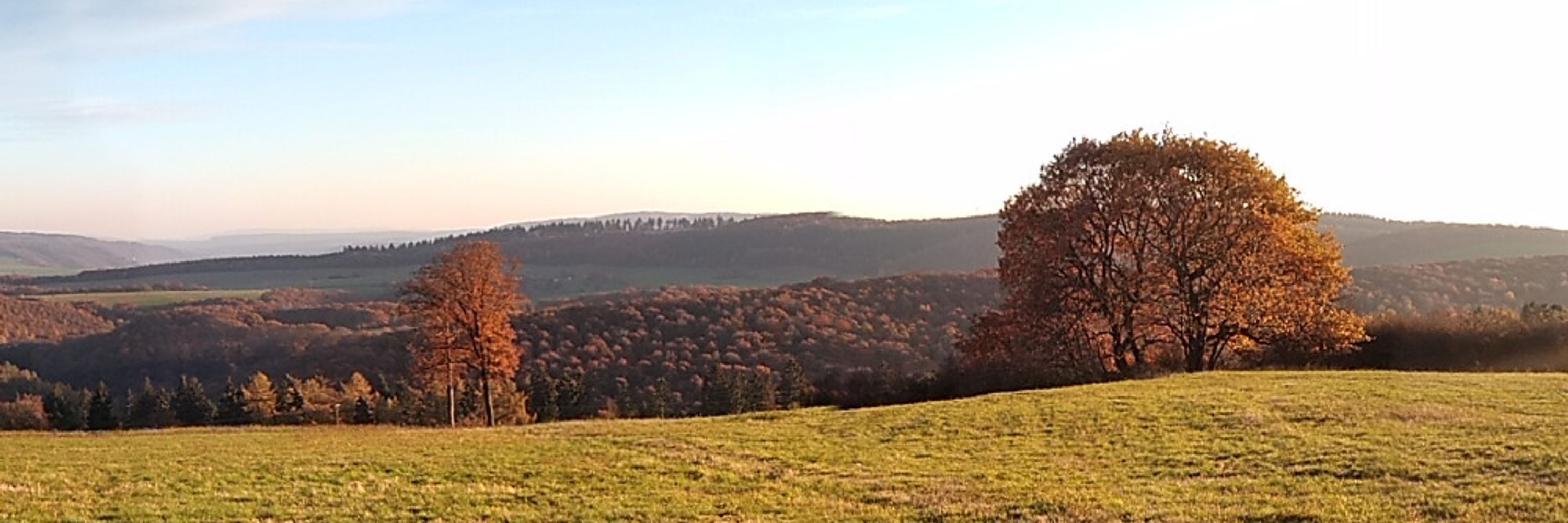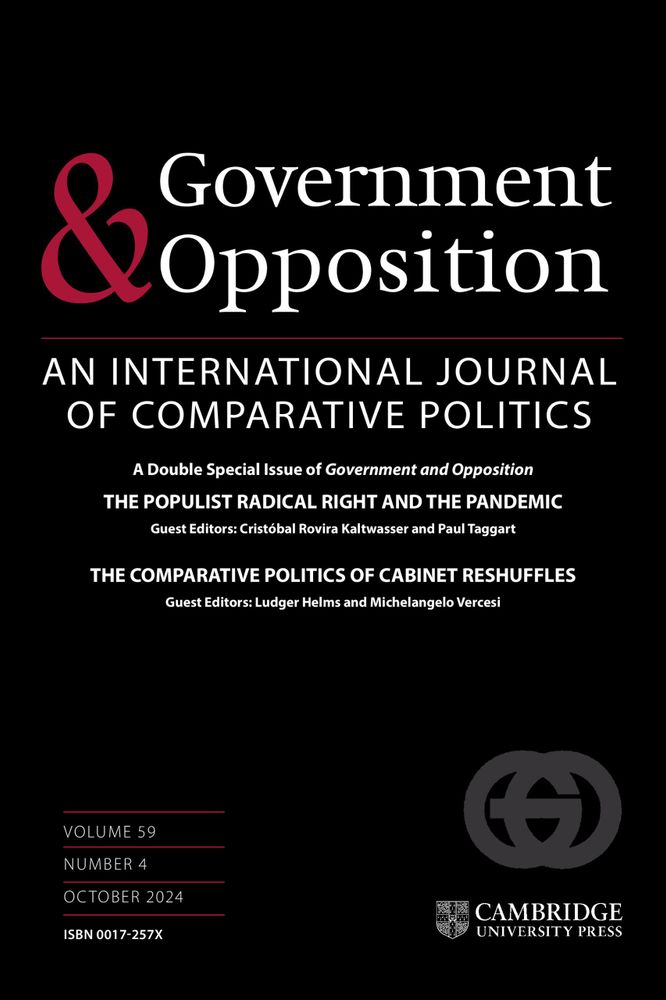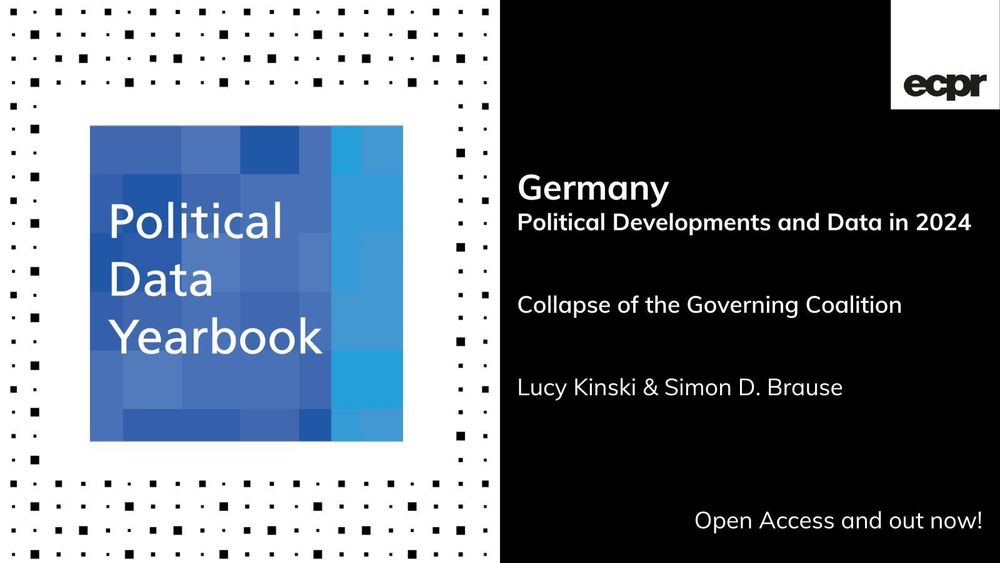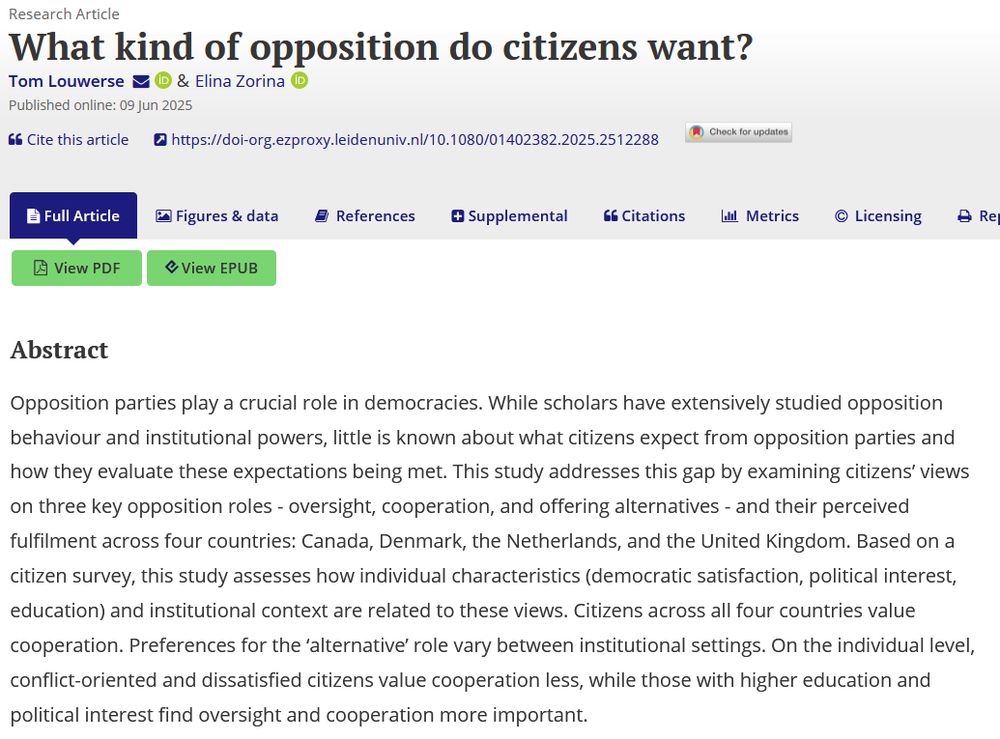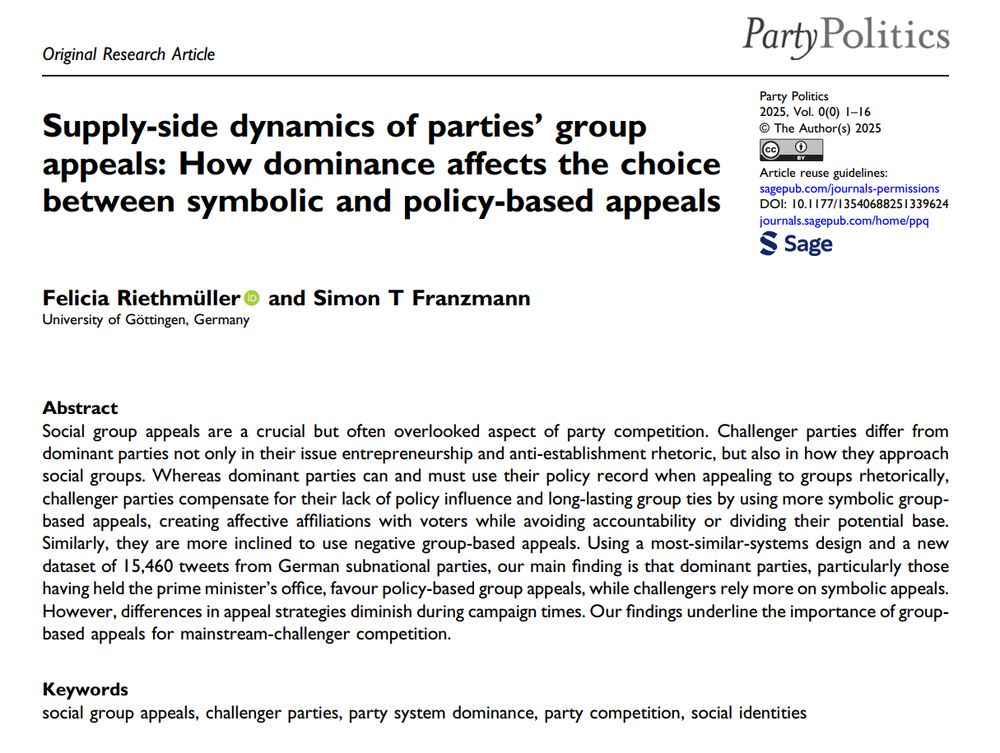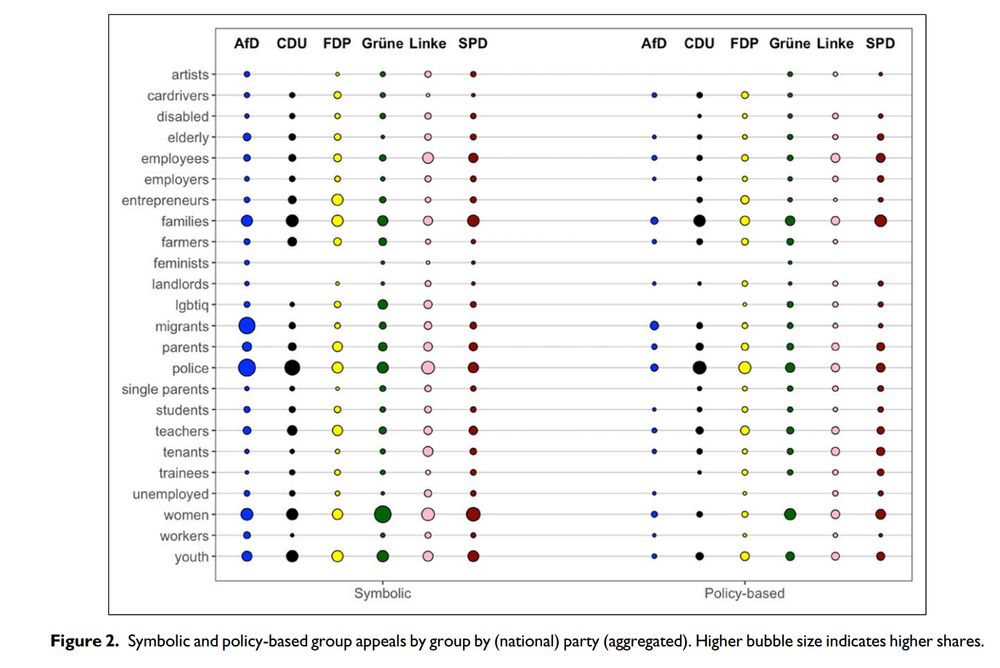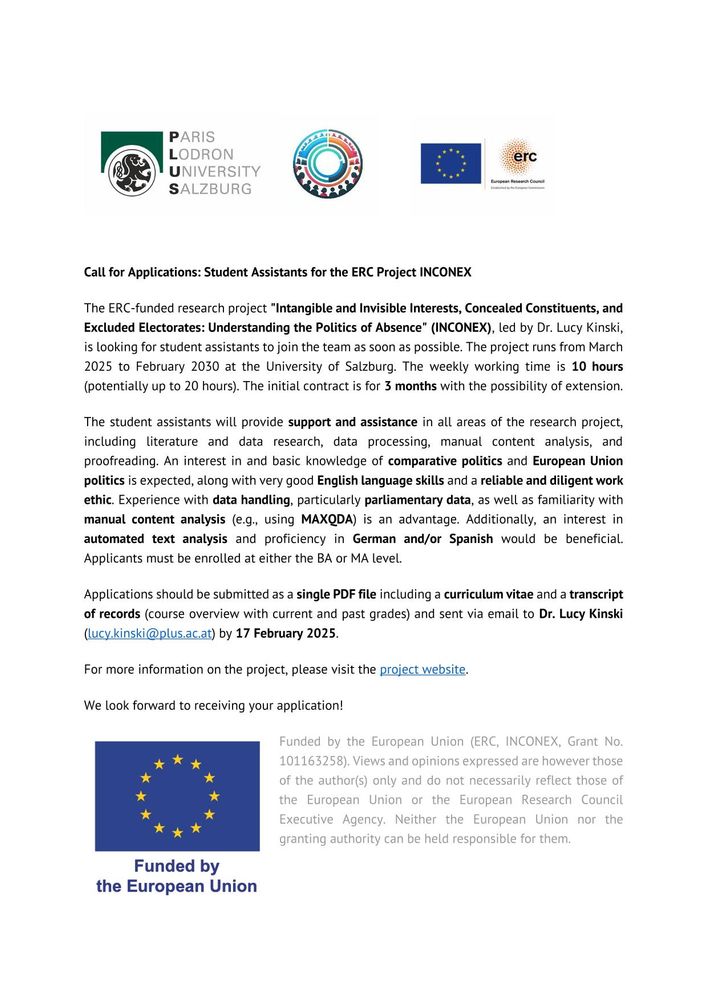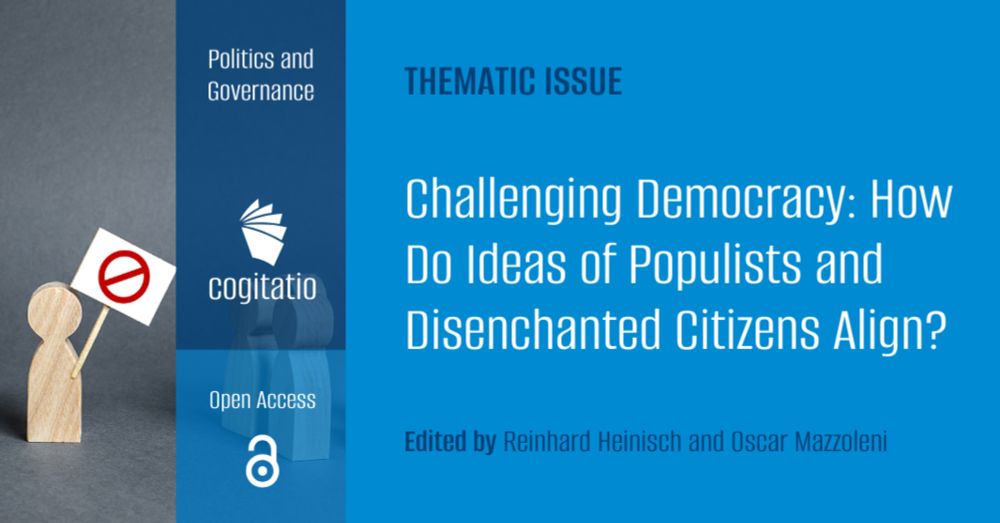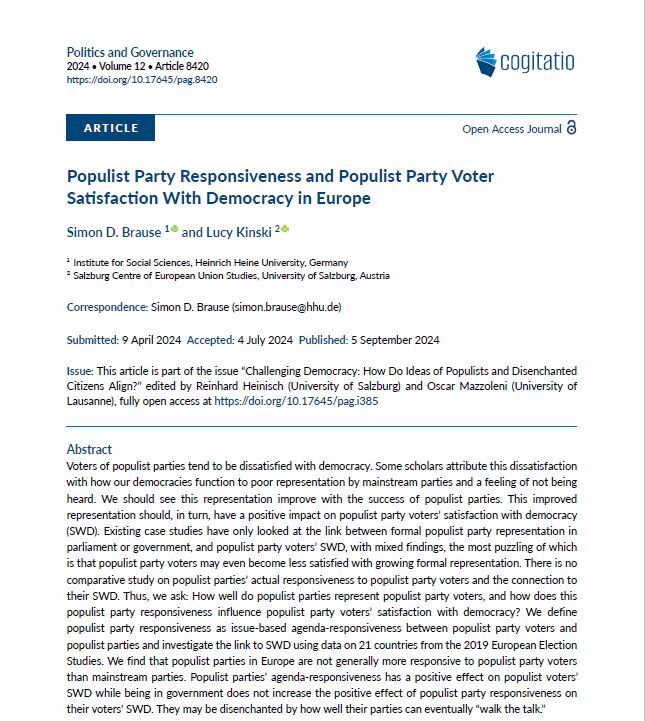Simon Brause
@simonbrause.bsky.social
190 followers
370 following
12 posts
PhD candidate in political science at Heinrich Heine University Düsseldorf, Germany @hhu_de | focus on opposition parties, party competition and representation
Posts
Media
Videos
Starter Packs
Reposted by Simon Brause
Reposted by Simon Brause
Reposted by Simon Brause
Simon Brause
@simonbrause.bsky.social
· Aug 4
Simon Brause
@simonbrause.bsky.social
· Jun 19
Reposted by Simon Brause
Reposted by Simon Brause
Reposted by Simon Brause
Simon Brause
@simonbrause.bsky.social
· Apr 16
Simon Brause
@simonbrause.bsky.social
· Apr 16
Simon Brause
@simonbrause.bsky.social
· Apr 16
Simon Brause
@simonbrause.bsky.social
· Apr 16
Reposted by Simon Brause
Reposted by Simon Brause
Reposted by Simon Brause
Simon Brause
@simonbrause.bsky.social
· Sep 9
Simon Brause
@simonbrause.bsky.social
· Sep 9
Simon Brause
@simonbrause.bsky.social
· Sep 9
